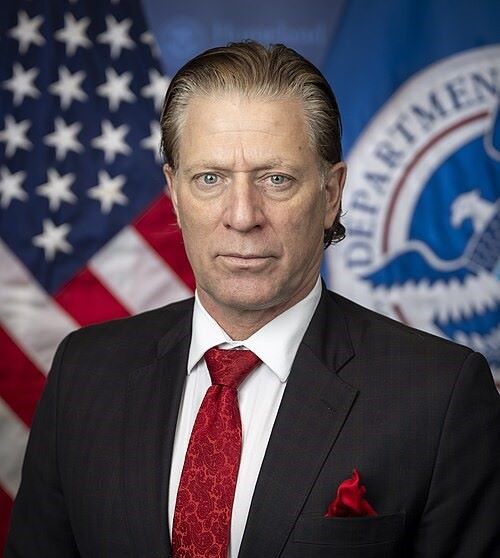Embarrassment struck FEMA like a predicted storm: during an internal briefing, the agency’s new emergency management director, David Richardson, stated that he was unaware the hurricane season had already begun. The statement left those present stunned and sparked considerable concern within the agency’s ranks.
A spokesperson for the Department of Homeland Security tried to downplay the incident, calling Richardson’s words a joke and reassuring that the agency is fully prepared to handle emergencies and will become more agile in the future, with greater responsibilities delegated to the states. The general perception, however, was that of an alarming misalignment between leadership and operational needs especially during a period when, according to the National Oceanic and Atmospheric Administration (NOAA), the organization will be responsible for monitoring at least ten storms that are expected before November.
During the same briefing, Richardson announced that there would be no changes to the existing plan, contradicting what he had promised at a previous meeting on May 15, where he had unveiled a new program, including simulated exercises, that was supposed to be ready by the 23rd. This fueled confusion among staff already strained by cuts and restructuring.
Richardson, lacking direct experience in crisis management, justified the decision by expressing concern about interfering with the Review Council, a body established by Trump to oversee the agency and composed of federal officials and governors.
His predecessor, Cameron Hamilton, had been abruptly removed just a few weeks earlier. Officially due to disagreements with the GOP leader about the department’s future, speculation was that the removal was actually the result of an internal maneuver motivated by dissatisfaction with the pace of restructuring, considered too slow.
The Trump administration repeatedly advocated for a drastic downsizing, or even outright abolition of the agency, believing many of its functions could be decentralized. This vision led, starting in January, to the loss of approximately 2,000 full-time employees– one third of the entire workforce through layoffs and resignations.
Nevertheless, the U.S. Secretary of Homeland Security, Kristi Lynn Noem, approved Richardson’s request to extend the contracts of over 2,600 short-term workers whose employment was about to end. These workers represent about 40% of FEMA’s workforce and form the backbone of field operational response.
Meanwhile, the agency drastically reduced training and seminars dedicated to extreme weather events for local authorities, due to new travel and communication restrictions imposed on employees.
Political reactions to Richardson’s gaffe were swift. Senate Democratic leader Chuck Schumer mocked on social media, wondering why Richardson had not already been removed. More severe was Representative Bennie Thompson, the top Democrat on the House Homeland Security Committee, who stressed that there is nothing funny about disaster management and that the agency’s leadership should be entrusted to experienced individuals.
Hurricanes, he reminded, cause dozens of deaths each year and hundreds of millions of dollars in damage. And with climate change intensifying these events, the absence of prepared leadership risks leaving the country exposed precisely when it needs protection the most.












